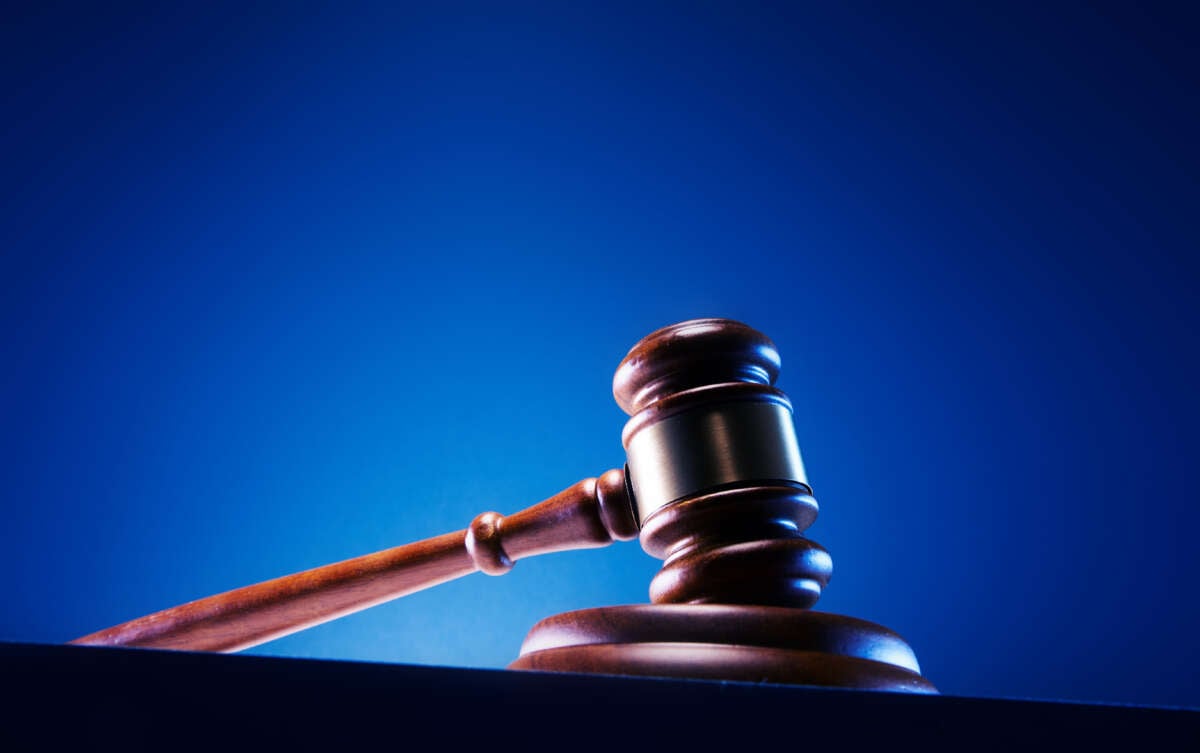On April 7, the Seventh Circuit Court of Appeals ruled that public school teachers do not have a constitutional right to misgender a student just because that student is transgender. Importantly, the Court also held that religious accommodation cannot justify the “harm to students and disruption to the learning environment” that occurs as a result of a teacher actively misgendering their student.
This holding comes from a 2019 lawsuit filed by John Kluge, a music teacher at Brownsburg High School in Indiana, who was forced to resign from his position because he refused to follow the school’s policy regarding transgender students. The school’s policy mandated that teachers must use transgender student’s correct names and pronouns if the student provided written consent from a doctor and parent. Kluge sued the school district, claiming that his religious freedom was violated and that he had experienced religious discrimination and retaliation.
According to LGBTQ Nation, Kluge alleged that he could not follow the school’s policies because of his Christian beliefs and ignored his transgender students altogether. One of his trans students admitted that Kluge’s treatment made him “feel alienated, upset, and dehumanized. It made me dread going to orchestra class each day.”
Prior to his resignation, Kluge had repeatedly petitioned the school to not require teachers to refer to transgender students by their correct pronouns and names. In 2017, Kluge and three other teachers had presented the principal with a signed letter expressing their religious objections to “transgenderism” and stating that they did not believe trans students should be allowed to use the restrooms and locker rooms of their choice.
In 2018, Kluge was approached by the school’s principal and told that his behavior was “creating tension” because he only addressed his transgender students by their last names, and that he needed to follow the school’s policy, or else, resign or be suspended. Kluge subsequently resigned.
Kluge was represented by the anti-LGBTQ+ legal group Alliance Defending Freedom (ADF), which self-labels as a conservative Christian legal advocacy group and has been listed since 2016 by the Southern Poverty Law Center as a hate group.
In 2021, a federal judge, Judge Jane Magnus-Stinson, ruled against Kluge, finding that he was not required to be provided with “reasonable accommodation” to misgender transgender students because of his Christian beliefs. Magnus-Stinson noted that Kluge’s behavior made the transgender students in his class “feel targeted and uncomfortable.”
“Students and teachers complained that Mr. Kluge’s behavior was insulting or offensive and made his classroom environment unwelcoming and uncomfortable,” Magnus-Stinson wrote in her decision. “[One student] quit orchestra entirely.”
Kluge appealed the district court’s decision, but the Seventh Circuit upheld the lower court’s decision, holding that “Brownsburg was within its rights … to withdraw the requested accommodation when it became apparent that it was not working in practice and was causing harm to students.”
Paul Castillo, an attorney at Lambda Legal, told the American Independent Foundation that “This [decision] is a tremendous victory for transgender students who are seeking equal education in classrooms, who are seeking to be safe and respected alongside their peers. I think what’s notable in the judge’s decision is the school’s mission to educate equally all students and that means teachers can’t use religion in ways that interfere with the ultimate obligation of the school.”
While Kluge’s ADF lawyer Rory Gray said he’s not sure whether they will appeal, the decision is anticipated to be appealed to the Supreme Court.
Whether or not this particular case goes to the Supreme Court, transgender advocates foresee that a future circuit split – when two or more circuits of the U.S. Court of Appeals publish contradictory rulings on the same legal issue – it could push the Supreme Court to rule on this subject sooner rather than later.
Staff attorney and former Tyron Garner Memorial Law Fellow at Lambda Legal, Avatara Smith-Carrington, said at a recent panel on anti-trans legislation at the University of Denver Sturm College of Law that, “There’s no guarantee, based on who is currently sitting on the Supreme Court, what the court’s decision is going to be. But, looking at the Supreme Court from where I’m sitting, I’m concerned.”
While transgender rights have been increasingly under attack over the past few months, advocates are celebrating the recent wins they have achieved in court.
In addition to the Seventh Circuit ruling, transgender activists are also praising the Supreme Court refusal to intervene in the West Virginia transgender sports ban case, therefore allowing a transgender girl to continue playing school sports while the case winds its way through the courts; as well as the recent decision by a federal judge to block Tennessee’s drag ban from going into effect because the ban likely violates the first amendment.
The ADF is also representing Lainey Armistead, an intervenor in the West Virginia transgender sports ban lawsuit. Gillian Branstetter, a communications strategist at the ACLU’s Women’s Rights Project and LGBTQ & HIV Project, has pointed out that the Seventh Circuit decision “is another major loss for the Alliance Defending Freedom, which recently failed to overturn a trans-inclusive athletics policy in Connecticut and just yesterday failed to get SCOTUS to kick a 12-year-old trans girl off her West Virginia middle school track team.”
Join us in defending the truth before it’s too late
The future of independent journalism is uncertain, and the consequences of losing it are too grave to ignore. To ensure Truthout remains safe, strong, and free, we need to raise $46,000 in the next 7 days. Every dollar raised goes directly toward the costs of producing news you can trust.
Please give what you can — because by supporting us with a tax-deductible donation, you’re not just preserving a source of news, you’re helping to safeguard what’s left of our democracy.
